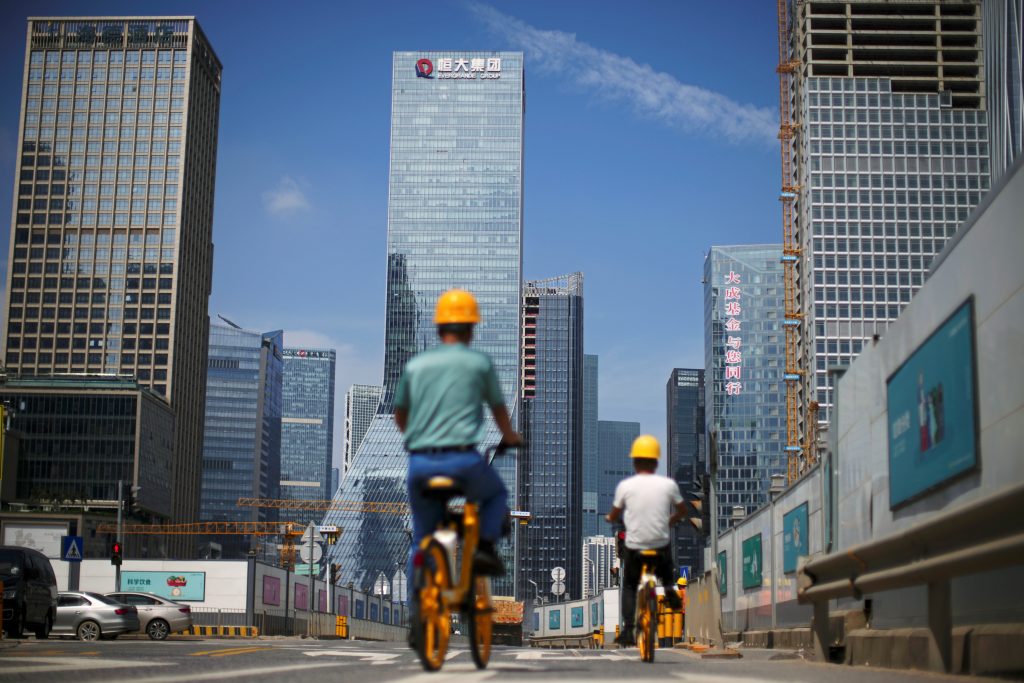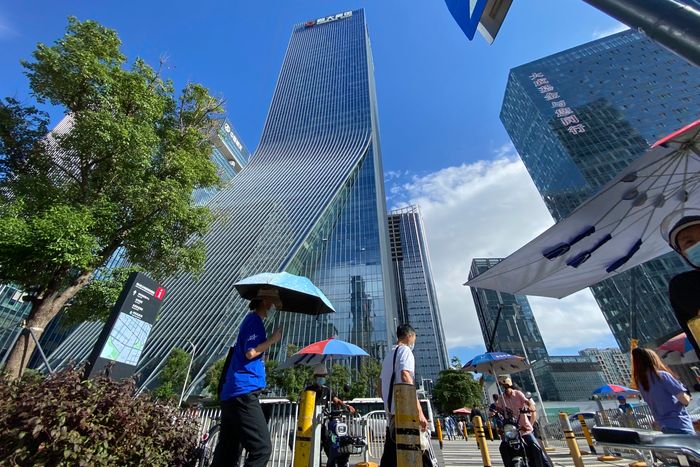
China’s property giant Evergrande Group has sought bankruptcy protection in the US as the real estate crisis in China worsens.
It will enable the heavily indebted company to safeguard its US assets as it negotiates a multibillion dollar settlement with creditors.
As a result of Evergrande’s massive debt default in 2021, the world’s financial markets experienced shockwaves.
The move was made as concerns about the world’s second largest economy grow in response to issues in China’s real estate market.
In a New York court on Thursday, China Evergrande Group filed for Chapter 15 bankruptcy protection.
A foreign company can protect its US assets under Chapter 15 while it works to restructure its debts.
On its website, the group’s real estate division lists over 1,300 projects spread across more than 280 Chinese cities.
A manufacturer of electric vehicles and a football team are among its additional enterprises.
Evergrande has been trying to renegotiate its contracts with creditors after missing debt repayment deadlines.
It was the most indebted property developer in the world, with estimated debts totaling more than $300 billion (£235 billion).
Since last year, trading in its shares has been halted.
Last month, Evergrande disclosed that it had lost a total of 581.9bn yuan ($80bn; £62.7bn) over the last two years.
Last week, another significant Chinese real estate giant, Country Garden, issued a loss estimate for the first half of the year that could reach $7.6 billion.

Some of the largest firms in the Chinese real estate industry are having trouble raising the funds necessary to finish projects.
According to Steven Cochrane of the economic research company Moody’s Analytics, “the key to this issue is to complete unfinished projects because this will at least keep some of the financing flowing “.
The developer’s finances are further strained because many homes are pre-sold but if construction stops, buyers no longer make their mortgage payments.
Beijing claimed earlier this month that China’s economy had entered a state of deflation as a result of the first decrease in consumer prices in more than two years in July.
Source-BBC





